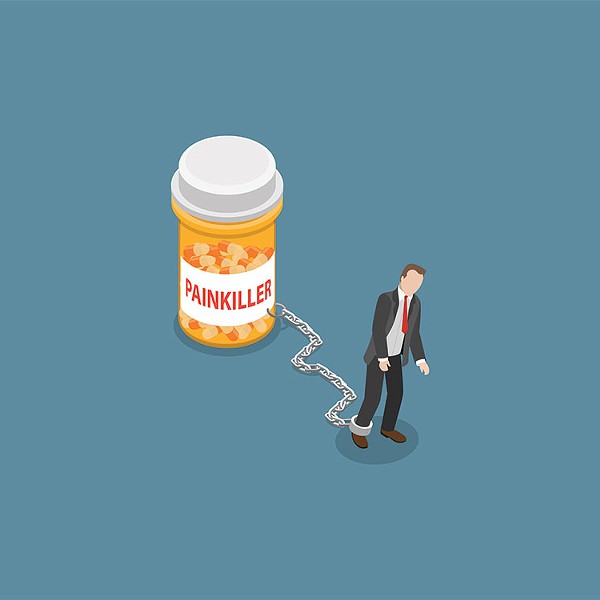Night Navigation begins with a midnight journey to an upstate New York recovery center near the Canadian border. Del, a visual artist in her early sixties, fears driving at night. The roads are slick with black ice as she takes her son Mark—37 years old, bipolar, a heroin addict—for yet another attempt at recovery. He’s lost his driver’s license and can’t find anyone to drive him to the center in time to claim the single bed that has miraculously opened up.
Former high school English teacher and Gilbertsville resident Ginnah Howard drew on her personal experiences with familial addiction, mental illness, and suicide in writing this first novel, which is undoubtedly one reason the story rings so true. But character-testing personal experience does not a novelist make. What makes this novel shine is the writer’s seemingly effortless ability to bring to the page living, breathing characters, each deeply flawed but trying—when they have strength enough—to do the next right thing.
In chapters that alternate between Del and Mark, the story unfolds easily, though it is anything but an easy story. Yet in the abundance of evident pathology there is never a cheap shot: There’s no attempt at tear-jerking, no poor-me-look-what-I’ve-been-through attitude underlying Howard’s spare prose, which makes the telling all the more powerful.
Del loves her son but is coming to believe that there is nothing left to do for him, and that her attempts to save him may be a part of his problem—and hers. Hard to know which roller coaster you’re riding, she reflects as her life intertwines more and more with her troubled son’s.
Mark lives with the knowledge that no matter how many times he’s tried to overcome his addiction, whether honestly or on the scam, he hasn’t yet found the simple secret to living as a functional human being on planet Earth. He despises the medication required to keep him from going off the deep end into depression or leaping into the nonstop recklessness of mania. And when he’s strung out, just like anyone in that condition, he’ll cheat, lie, and steal to feed his habit.
He lights a Camel, takes the smoke all the way down. The comforting hiss of the radiator: radiating, radiating. He reaches over and opens the refrigerator. Shelves of water, juices. Ginger ale. Cold cuts. Withdrawal heaven.
They say it only takes 72 hours to kick. Seventy-two hours for all the opiate to leave the body. Kicking on your own: seventy-two hours of being inside the torture cage, up to your nose in black water—cold, and the dope-snakes biting you all over. But with methadone you pay the piper less. That’s why he’s here.
As Mark bounces in and out of Del’s life, leaving a trail of chaos each time, she struggles to come to terms with the heartbreaking possibility that he may never recover. She wonders, too, how best to reclaim her own life, to separate from his chaos, and to escape the persistence of memory that has dogged her and Mark since he was in his early teens.
It is only when she accepts their past, and the grief it holds for both of them, that they are able to begin forging a path toward a real and lasting recovery.

















